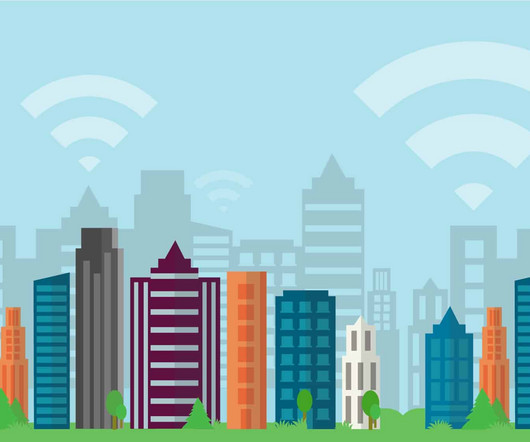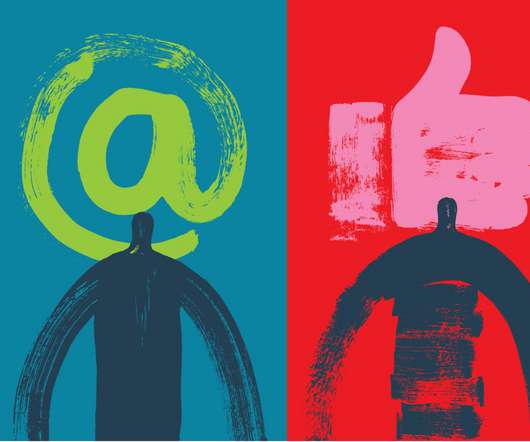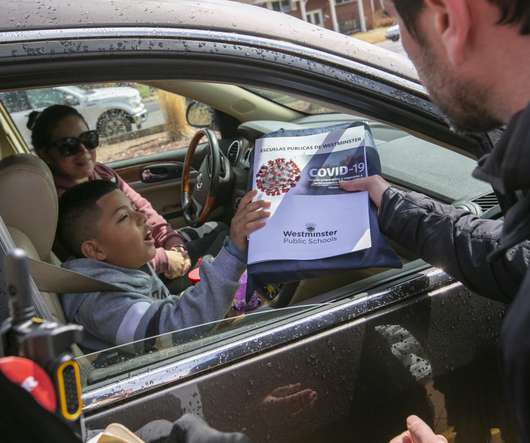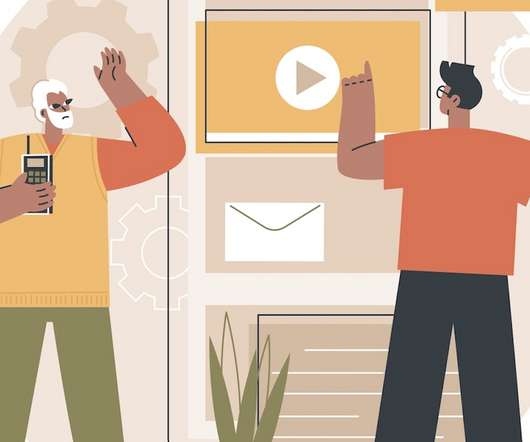Maximizing BEAD Funding to Connect MDUs: State Challenge Process
Education Superhighway
APRIL 12, 2024
billion Broadband Equity, Access, and Deployment (BEAD) Program and the Digital Equity Act (DEA) can achieve maximum impact by prioritizing bringing high-speed home internet to households in unserved and underserved affordable multifamily housing (MDUs). Allocations from the $42.45 households. Why Are We Submitting Challenges?



















Let's personalize your content